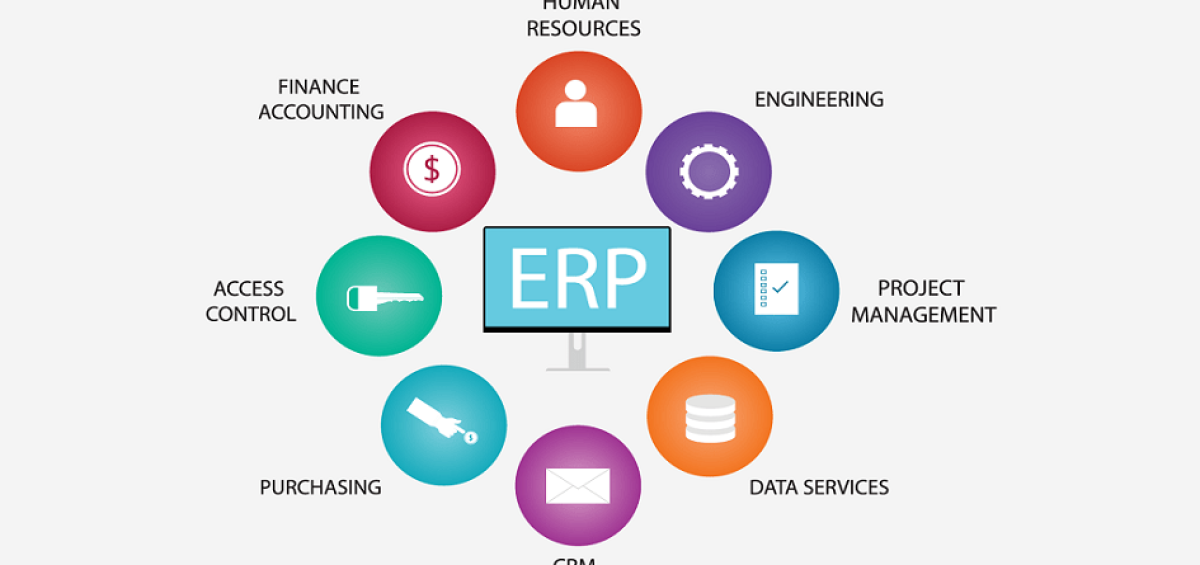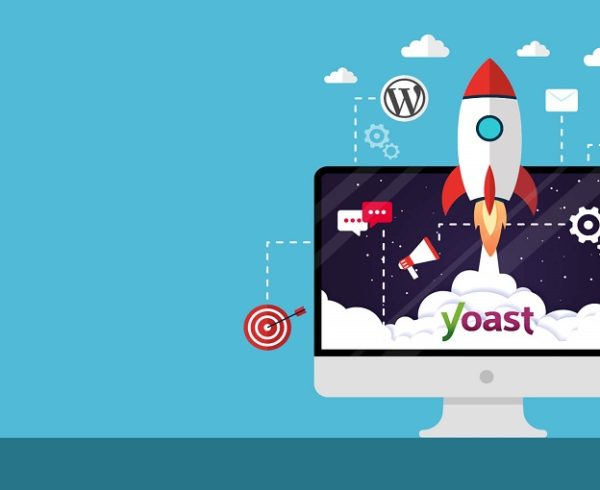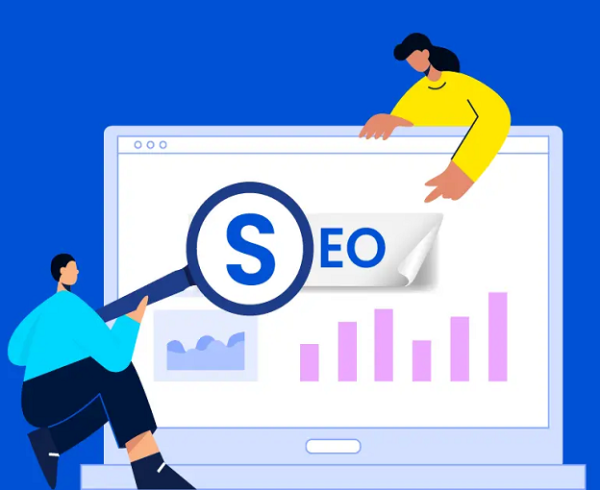In today’s fast-paced and competitive business landscape, small and medium enterprises (SMEs) face numerous challenges in managing their operations efficiently. From coordinating various business functions to maintaining financial health and ensuring regulatory compliance, SMEs often find themselves juggling multiple tasks with limited resources. This is where Enterprise Resource Planning (ERP) systems come into play, offering a comprehensive solution to streamline processes, improve productivity, and support business growth. ERP for SME systems integrates essential business functions such as finance, human resources, supply chain management, and customer relationship management into a unified platform, providing SMEs with a holistic view of their operations.
Despite the clear benefits, implementing an ERP for SME systems can be daunting. The high initial costs, complexity of customization, and need for effective data migration and integration pose significant challenges. Additionally, ensuring that employees are adequately trained and overcoming resistance to change are critical factors for successful implementation. However, with the right approach and careful planning, these challenges can be overcome, paving the way for SMEs to reap the rewards of an efficient ERP system.
This article delves into the intricacies of ERP adoption for SMEs, exploring both the challenges and opportunities. It highlights the benefits of ERP systems, such as enhanced efficiency, scalability, cost reduction, and improved decision-making. The article also provides practical insights into selecting the best ERP solutions for small businesses, including free and cloud-based options, and those tailored specifically for small business manufacturing. By examining affordable solutions like Zoho ERP and leveraging community insights from platforms like Reddit, SMEs can make informed decisions about which ERP system best meets their needs.
Moreover, the article addresses common hurdles in ERP implementation, offering strategies for managing costs, simplifying customization, ensuring seamless data migration, and fostering employee adoption. By understanding and addressing these challenges, SMEs can unlock the full potential of ERP systems, gaining a competitive edge, enhancing customer satisfaction, and future-proofing their operations.
Understanding ERP for SME
ERP systems integrate various business processes into a unified system, encompassing functions such as finance, HR, supply chain, and customer relationship management. For SMEs, this integration can be a game-changer, offering a holistic view of operations, reducing redundancies, and improving decision-making capabilities.
Benefits of ERP for SME
ERP systems offer numerous benefits for SMEs, significantly enhancing operational efficiency and decision-making.
1. Efficiency and Productivity:
By automating routine tasks and providing real-time data access, ERP for SME systems significantly enhances operational efficiency and productivity.
2. Scalability:
ERP solutions are scalable, allowing SMEs to expand their operations without the need for extensive system overhauls.
3. Cost Reduction:
Streamlined processes and better resource management lead to substantial cost savings.
4. Improved Decision-Making:
With centralized data, managers can make informed decisions quickly, fostering agility and competitiveness.
5. Regulatory Compliance:
ERP systems help SMEs comply with industry regulations by providing tools to manage audits, reporting, and documentation efficiently.
6. Enhanced Data Security:
ERP systems offer advanced security features to protect sensitive business data, which is crucial for SMEs to maintain customer trust and avoid data breaches.
Overcoming Challenges in ERP Implementation
Overcoming challenges in ERP implementation involves addressing several key areas to ensure a smooth transition.
a) High Initial Costs
One of the primary concerns for SMEs is the high initial cost of ERP systems. While these systems can be expensive, there are affordable options available, including some of the best ERP for SME for small businesses.
1. Cheapest ERP for Small Business:
Solutions like Zoho ERP offer cost-effective plans that fit within the budget constraints of SMEs. Zoho ERP provides comprehensive functionalities without breaking the bank.
2. Cloud-Based ERP for Small Business:
Cloud-based ERP solutions eliminate the need for heavy upfront investments in IT infrastructure. They offer subscription-based pricing models that are more manageable for SMEs.
b) Complexity and Customization
ERP systems can be complex, and customizing them to fit the specific needs of an SME can be daunting. However, selecting the right ERP solution can mitigate these challenges.
1. Best ERP for Small Business Manufacturing:
Manufacturing SMEs require specialized functionalities such as inventory management, production scheduling, and quality control. Solutions like Odoo and Zoho ERP are tailored to meet these needs, providing robust features that simplify manufacturing processes.
2. Best ERP for Small Business Reddit:
Engaging with online communities such as Reddit can provide valuable insights and recommendations from other SME owners who have implemented ERP systems. These discussions often highlight practical advice and firsthand experiences, helping SMEs navigate the complexities of ERP adoption.
c) Data Migration and Integration
Migrating existing data to a new ERP system and integrating it with other business applications can be challenging. However, many ERP providers offer tools and support to facilitate smooth data migration and integration.
1. Comprehensive Support:
Choosing an ERP vendor that provides extensive customer support and implementation services is crucial. This ensures that the transition is as seamless as possible, minimizing disruptions to daily operations.
d) Employee Training and Change Management
Adopting a new ERP for SME system requires employees to adapt to new processes and technologies. Effective training and change management strategies are essential to ensuring a smooth transition.
1. User-Friendly Interfaces:
Selecting an ERP system with a user-friendly interface can reduce the learning curve for employees. Zoho ERP, for instance, is known for its intuitive design, making it easier for staff to adopt the new system.
2. Ongoing Training:
Continuous training and support are vital to ensure that employees are proficient in using the ERP system. This can be achieved through workshops, online tutorials, and dedicated support teams.
e) Resistance to Change
Employees may resist adopting a new ERP system due to fear of the unknown or concerns about job security. Successful implementation requires addressing this reluctance.
1. Communication:
Clearly communicate the benefits of the new ERP system to employees, emphasizing how it will make their jobs easier and more efficient.
2. Involvement:
Employees should be involved in the selection and deployment of ERP. Their input can provide valuable insights and increase their buy-in.
Unlocking Opportunities with ERP for SME
ERP systems present transformative opportunities for SMEs by streamlining operations, enhancing productivity, and fostering growth.
1. Enhancing Customer Satisfaction
ERP systems enhance customer satisfaction by improving service delivery and response times. With better inventory management, SMEs can ensure that products are available when needed, reducing delays and backorders. CRM functionalities within ERP systems help manage customer interactions more effectively, fostering stronger relationships.
2. Data-Driven Decision Making
Access to real-time data is one of the most significant advantages of ERP systems. SMEs can leverage this data to make informed decisions, identify trends, and respond quickly to market changes. This flexibility is essential in the fast-paced commercial world of today.
3. Competitive Advantage
By streamlining operations and improving efficiency, ERP systems provide SMEs with a competitive edge. They enable businesses to operate more effectively, reduce costs, and respond more rapidly to customer needs and market demands.
4. Future-Proofing the Business
ERP programs are intended to grow with the company. As SMEs grow, their ERP system can adapt to handle increased complexity and volume. This future-proofing ensures that SMEs can continue to leverage their ERP investment as they expand.
5. Improved Collaboration
ERP for SME systems facilitates better collaboration across departments by providing a unified platform for communication and information sharing. This improves coordination and helps teams work more effectively together.
7. Financial Management
ERP systems offer robust financial management tools that help SMEs track expenses, manage budgets, and ensure accurate financial reporting. This leads to better financial health and more strategic financial planning.
8. Supply Chain Management
Effective supply chain management is critical for SMEs, especially those in manufacturing. ERP systems offer tools for managing suppliers, tracking inventory levels, and optimizing logistics, ensuring that supply chain operations run smoothly.
9. Compliance and Risk Management
ERP systems help SMEs stay compliant with industry regulations and manage risks more effectively. They offer features for monitoring compliance, conducting audits, and identifying potential risks, ensuring that the business operates within legal boundaries.
FAQs
What is ERP for SME?
ERP systems for SMEs integrate finance, HR, supply chain, manufacturing, and customer relationship management into a single, unified system. These systems streamline operations, enhance efficiency, provide real-time data access, and help SMEs overcome operational challenges and unlock growth opportunities.
Do small businesses need an ERP?
Yes, small businesses can significantly benefit from an ERP system as it integrates various business processes into a single platform, enhancing efficiency, reducing costs, improving decision-making through real-time data access, and providing scalability for growth.
How do I choose the best ERP for my small business?
Choose the right ERP for your small business by assessing your needs, budget, industry requirements, and growth plans. Consider features, simplicity of use, scalability, and integration potential. Choose cloud-based solutions for flexibility and cost-effectiveness.
What is the best ERP for a small consulting firm?
NetSuite ERP is a versatile and robust ERP for small consulting firms, offering project management, financial tracking, and client relationship management. Zoho ERP is cost-effective and offers customizable modules for efficient project, financial, and client interactions.
What ERP do startups use?
Startups opt for scalable, cost-effective, and user-friendly ERP systems like Zoho ERP, Odoo, and SAP Business One, which offer cloud-based solutions with lower initial costs and ease of access.
Choosing the Right ERP for Your SME
Choosing the right ERP for SME involves evaluating several key factors to ensure alignment with your business needs and future growth. Start by assessing the specific functionalities your business requires, such as financial management, inventory control, or customer relationship management.
1. Best ERP for Small Business Free
For SMEs on a tight budget, free ERP solutions like Odoo offer a great starting point. Best, Odoo provides a free basic version with essential functionalities, allowing SMEs to experience the benefits of ERP without significant financial investment.
2. Cloud-Based ERP for Small Business
Cloud-based ERP solutions, such as Zoho ERP, are ideal for SMEs looking for flexibility and scalability. These solutions eliminate the need for on-premise infrastructure and offer subscription-based pricing, making them more accessible for small businesses.
3. Best ERP for Small Manufacturing Business
Manufacturing SMEs require ERP systems with specialized functionalities. Solutions like Zoho ERP and Odoo offer comprehensive manufacturing modules that streamline production processes, inventory management, and quality control.
4. Best ERP for Small Business Reddit
Online communities like Reddit can be valuable resources for SMEs looking to implement ERP systems. Discussions and reviews from other small business owners provide practical insights and recommendations, helping SMEs make informed decisions.
5. Considering Future Needs
When selecting an ERP system, SMEs should consider their future growth plans and choose a solution that can scale with their business. This ensures that the ERP system remains effective as the business expands and evolves.
6. Vendor Reputation and Support
Choosing an ERP vendor with a strong reputation and excellent customer support is crucial. SMEs should research vendors, read reviews, and perhaps even contact references to ensure they select a reliable partner for their ERP needs.
Leveraging ERP for Strategic Growth
Leveraging ERP for strategic growth involves harnessing the power of an integrated system to drive efficiency, scalability, and informed decision-making.
1. Tailoring ERP to Business Needs
Every SME is unique, with specific processes and requirements. Tailoring an ERP system to these needs can maximize its effectiveness. Customizable ERP solutions like Odoo and Zoho ERP allow businesses to add or modify modules according to their specific needs, ensuring a perfect fit.
2. Industry-Specific ERP Solutions
For SMEs in specialized industries, industry-specific ERP solutions can offer tailored functionalities that address unique challenges. For example, ERP for SME systems designed for the manufacturing industry focuses on production planning, quality control, and supply chain management.
3. Integrating ERP with Other Business Tools
Integrating ERP systems with other business tools, such as CRM software, e-commerce platforms, and marketing automation tools, can further enhance business operations. This integration ensures that all business functions are connected, providing a seamless flow of information.
4. Real-Time Analytics and Reporting
ERP systems offer powerful analytics and reporting tools that provide real-time insights into business performance. SMEs can use these tools to monitor key performance indicators (KPIs), track progress, and make data-driven decisions to drive growth.
5. Enhancing Customer Relationship Management
ERP systems with built-in CRM functionalities help SMEs manage customer interactions more effectively. By tracking customer history, preferences, and feedback, businesses can provide personalized services, enhance customer satisfaction, and build long-term loyalty.
Future Trends in ERP for SME: Artificial Intelligence and Machine Learning
The future of ERP for SME is increasingly intertwined with advancements in Artificial Intelligence (AI) and Machine Learning (ML). These technologies are revolutionizing ERP systems by automating routine tasks, enhancing data analysis, and providing predictive insights. AI-powered ERP systems can optimize business processes by learning from historical data, predicting future trends, and suggesting actionable strategies. For instance, AI can improve inventory management by forecasting demand more accurately, reduce manual data entry through intelligent automation, and enhance customer service with advanced chatbots and personalized recommendations. Similarly, ML algorithms can analyze vast amounts of data to uncover hidden patterns, optimize supply chain operations, and identify potential risks. These innovations make ERP systems more adaptable and efficient, allowing SMEs to stay competitive, make informed decisions, and achieve strategic growth. As these technologies continue to evolve, they promise to further enhance the capabilities of ERP systems, driving greater value and transformation for small and medium-sized enterprises.
In the end, ERP systems offer tremendous potential for SMEs, helping them overcome operational challenges and unlock new opportunities. By automating processes, providing real-time data access, and improving efficiency, ERP systems enable SMEs to compete more effectively in the marketplace. However, successful ERP for SME implementation requires careful planning, choosing the right solution, and ensuring adequate training and support for employees. Whether opting for the best ERP for small businesses or investing in comprehensive cloud-based ERP for small businesses, SMEs can leverage ERP systems to drive growth, enhance customer satisfaction, and future-proof their operations. With the right approach, ERP becomes a strategic asset that propels the business forward in an increasingly competitive landscape.







